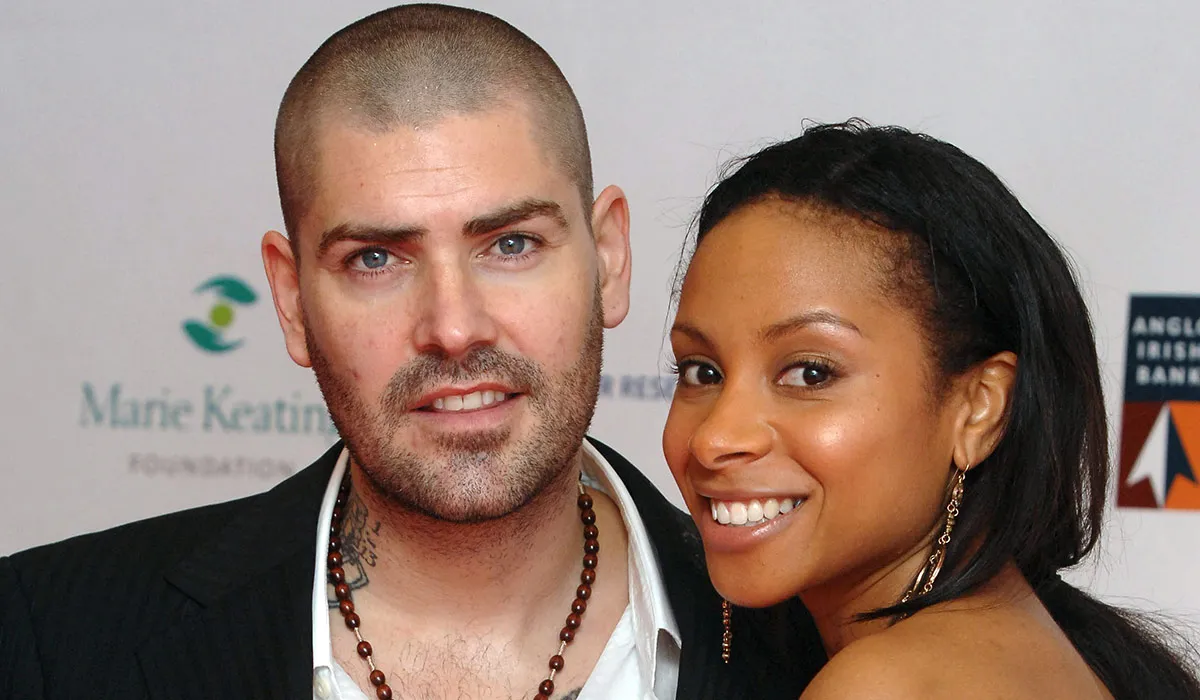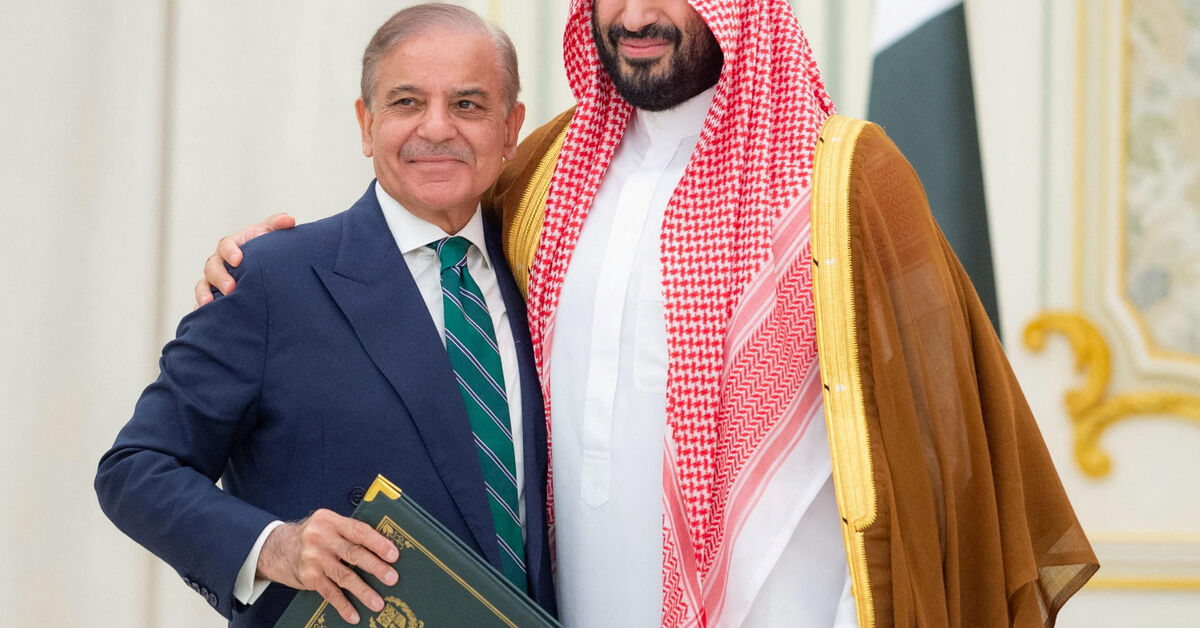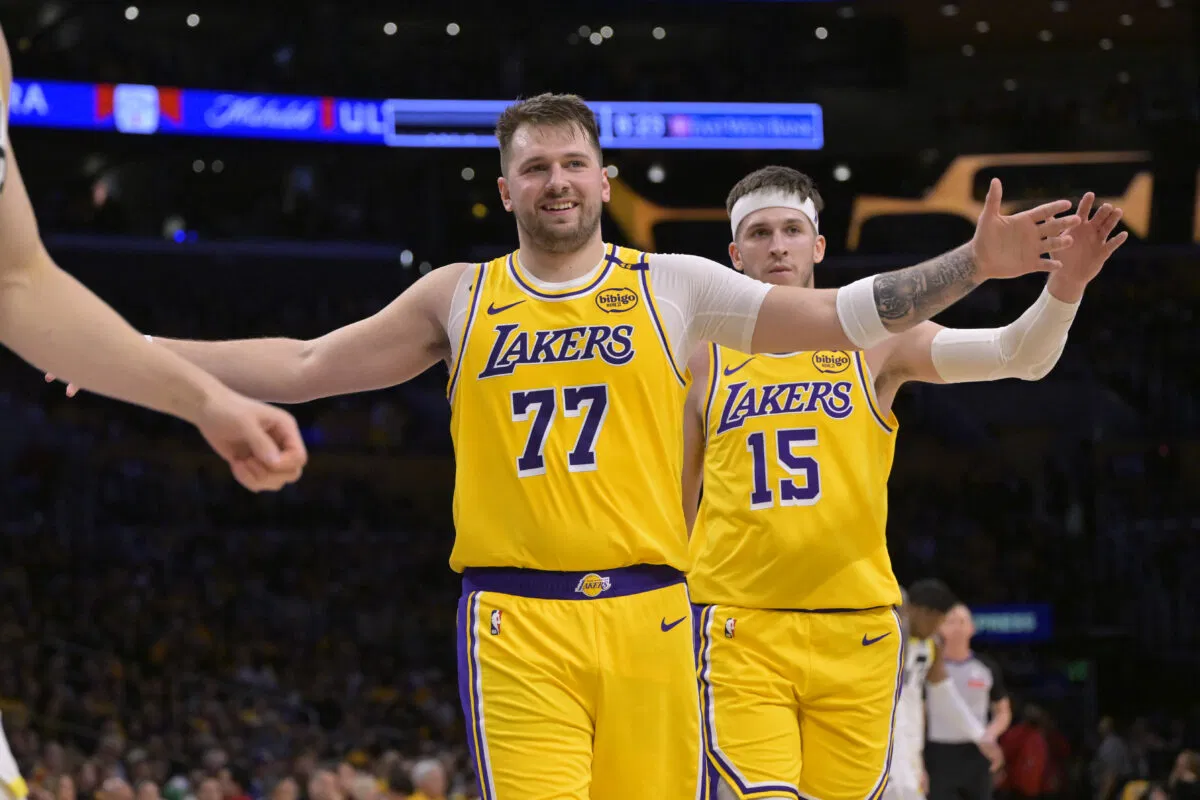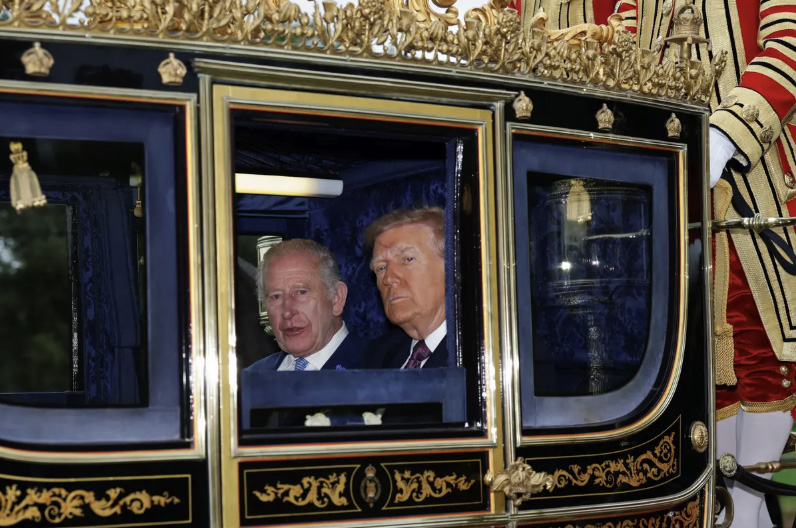By Ghana News
Copyright ghanamma
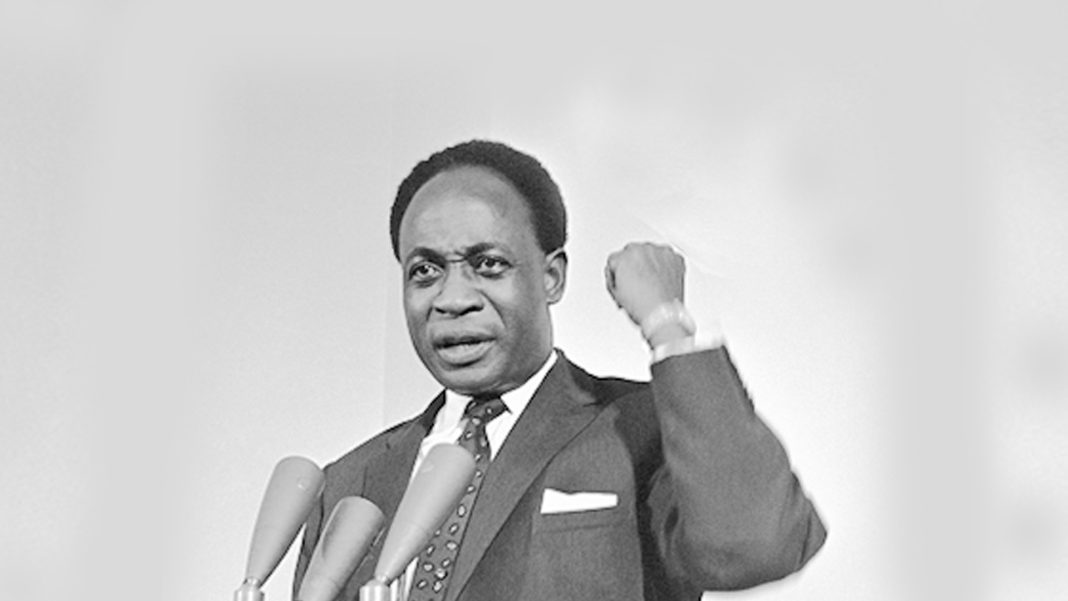
A GNA Feature By Samuel Osei-Frempong
Accra, Sept. 21, GNA – From a tiny village in the Western part of the Gold Coast emerged a little boy who would grow up into a gaint for African independence and the voice for the oppressed.
He personally did not bother about his ethnic roots because he always said that he was an African, and that his ideas were for the wider continental space and its occupants who have endured all manner of brutal attacks from all directions.
He saw Africa’s glorious past and inner greatness as her strengths, and that although her slavery, slave trade, colonial past were tragic circumstances, they gave the African a reason to rise and become great so that such evils will not ensnare him or her in future.
Dr Kwame Nkrumah as a little boy on his mother’s back, fording a local stream, asked his mother to standstill because she had stepped on a fish. And it was true! His mother had really stepped on their dinner.
Such high energy and foresight will guide his life to become the greatest African of the last millennium.
His early life was shaped by his mother, Elizabeth Nyanibah, a fishmonger and petty trader. Her deep love for Kwame was tested after his overthrow when at the point of death, she was asked to deny her son. She said, Kwame is my child.
His father, Opanyin Kofi Nwiana Ngolomah, was a goldsmith who will later send for the young Nkrumah to live with him in Half Assini, where he began his elementary education.
Goldsmithing is an integral part of Akan royalty and culture as the craftmen play a significant role in the creation of ornaments, crafts and even items which hold the spirit and soul of nationhood.
To have a goldsmith father enriched his flourishing mind with ideas and philosophies that will help him in his personal and political life.
He sometimes watched his father craft and shape his creations with utmost concentration.
Goldsmiths draw inspiration from many sources, including nature, architecture, and cultural motifs, to create unique and eclectic design.
Guided by design philosophy, Nkrumah’s father shaped his aesthetic appeal of his creations, creating pieces that evoked emotion and told a story through intricate details, reflecting his personal and societal vision and craftsmanship.
Nkrumah’s father, according to rare sources, put quality and craftsmanship above all considerations, leading to the achievement of higher standards.
Goldsmiths in his day were meticulous and had deep understanding of materials.Nkrumah’s father was in a business and craft which is largely influenced by cultural narratives, traditions, and philosophies.
It is significant to note that throughout Nkrumah’s personal and political pursuits, he drew inspiration from African cultural, philosophical and historical narratives.
A critical study of his political struggles will show that he continually sought new ways to elevate his game, experimenting with new ideas, unconventional methods which encouraged creativity and progress in the liberation struggle and national development.These are all the hallmark of a master Goldsmith.
His closeness to his mother made him sympathetic to the vulnerable and marginalised. His deep love for female empowerment was evident in his political appointments and scholarships to girls to study, “as far as you can go”
Other influences
One of his early mentors at elementary school in Half Assini was a German Roman Catholic priest named George Fischer, who also shaped his views on rudimentary theology and Universalism.
While training as a teacher at Achimota School in Accra, Nkrumah met another great or perhaps, his real childhood mentor called Dr Kwegyir Aggrey, an Assistant Vice Principal and the first African member of staff at Achimota School.
Dr Aggrey was a Pan Africanist, a philosopher and great orator. Nkrumah learnt a lot from him, shaping his adult life.Nkrumah’s leadership skills were evident even in his early years, and all these personalities planted in him the willingness and ability to see beyond the horizon.
Certainly, Nkrumah’s childhood laid the foundation for his future as a leader, with his experiences shaping his passion for education, leadership, and Pan-Africanism.
Throughout his political life, he preached African Unity because it was common sense to him.
The balkanisation of Africa was a deliberate deed to weaken the people, and distract them from achieving any significant political and economic measure.
He had observed through his studies and childhood that without unity, Africa is fare game for political, economic and even cultural trophy hunters.
He warned that, if Africa did not unite, the colonialists will come back in a more complex shape and form, and that a more brutal struggle will have to be waged to drive them out. And it could take centuries.
In the Christian Bible, Jesus says, if a demon leaves the human body, it will come back one day and see if it is not protected, and if it is not well fortified, it will go and call stronger demons to join it to occupy the body.
That is the mind of a colonialists and the exploitative class. And he was aware of that fact.
Today marks his birthday.
Many Pan Africanists are eternally grateful to the creator for allowing such a great personality to walk the path of the African continent.
The little boy from Nkroful says we have stepped on a fish for dinner the murky streams of our circumstances. Are Africans ready for the dinner or still happy to pick the crumps on the floor of others?
Dr Kwame Nkrumah was born on 21 September 1909. He founded Ghana in AD1957
Edited by Samuel Osei-Frempong /Stephen Asante
